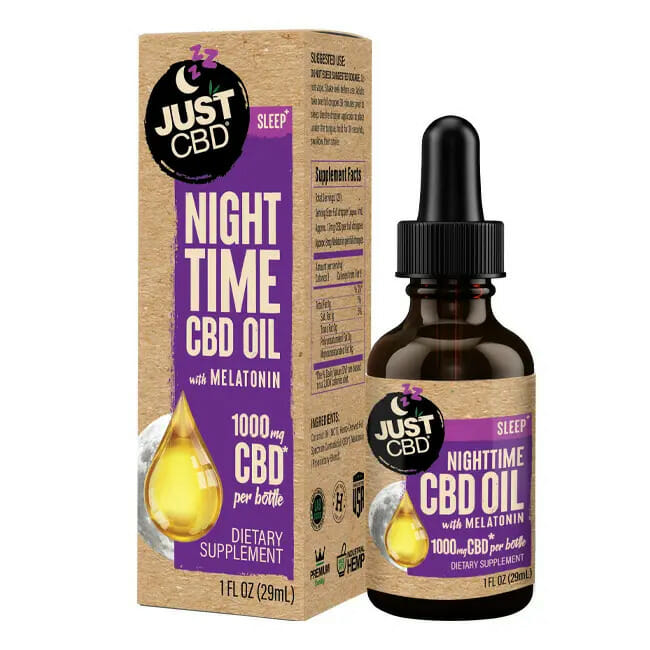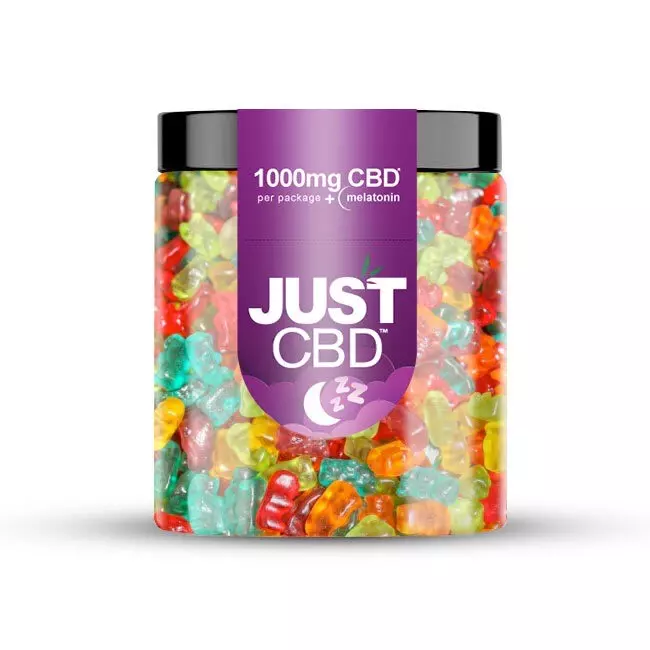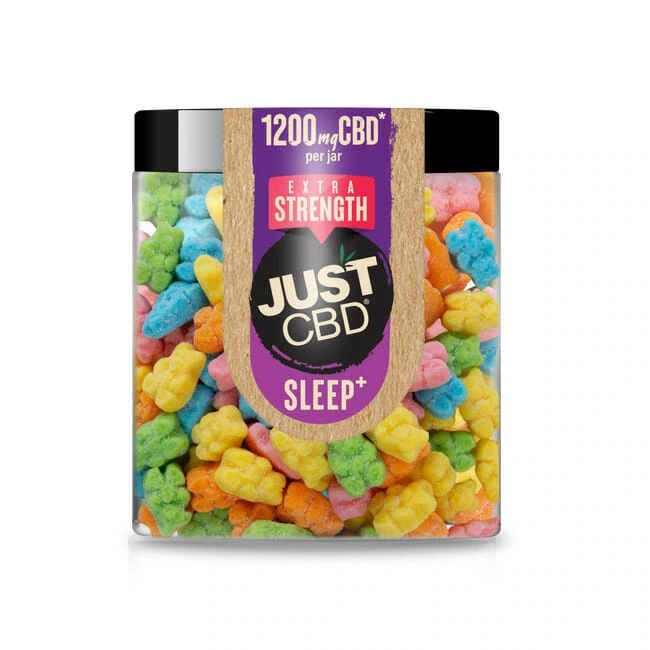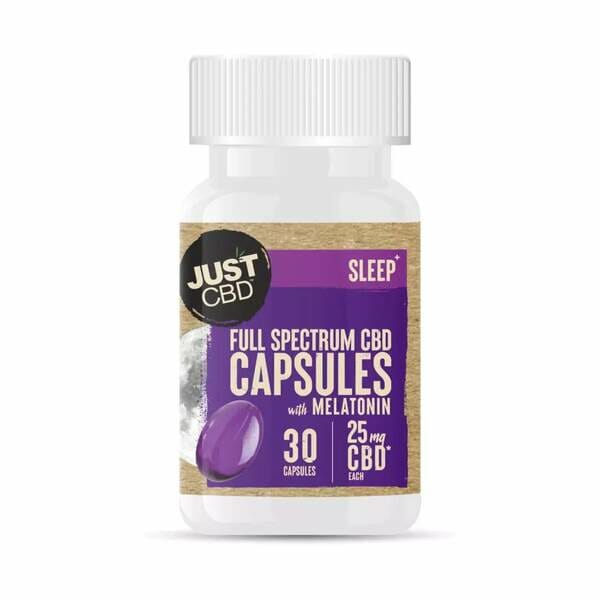In today’s fast-paced world, sleep problems are a common issue affecting millions of people. From insomnia to disrupted sleep cycles, finding effective remedies has become a priority for many. Cannabidiol (CBD), a non-psychoactive compound derived from the cannabis plant, has gained significant attention for its potential to improve sleep quality. This article explores the science behind CBD and its relationship with sleep, drawing on research to understand how it works and its effectiveness in promoting restful nights.
Understanding CBD: A Quick Overview
CBD is one of over 100 cannabinoids found in the cannabis plant. Unlike its counterpart, tetrahydrocannabinol (THC), CBD does not produce a “high.” Instead, it interacts with the body’s endocannabinoid system (ECS), a complex network of receptors, enzymes, and endocannabinoids that regulate various physiological processes, including mood, pain, appetite, and sleep.
The Sleep Problem: Why We Struggle to Rest
Sleep disorders are multifaceted, caused by factors such as stress, anxiety, chronic pain, and lifestyle habits. Common sleep disorders include:
- Insomnia: Difficulty falling or staying asleep.
- Sleep Apnea: Breathing interruptions during sleep.
- Restless Leg Syndrome (RLS): Uncontrollable leg movements at night.
- Circadian Rhythm Disorders: Misalignment of the sleep-wake cycle.
Traditional treatments often involve prescription medications, which can lead to dependency or unpleasant side effects. As a natural alternative, CBD offers a promising solution for those seeking to address underlying issues affecting sleep.
How CBD Works: The Role of the Endocannabinoid System
CBD’s effectiveness in promoting sleep lies in its interaction with the ECS. This system plays a pivotal role in maintaining homeostasis, or balance, in the body. The ECS consists of two primary receptors:
- CB1 Receptors: Found mainly in the brain and central nervous system, these receptors influence mood, memory, and sleep.
- CB2 Receptors: Located primarily in the immune system, they modulate pain and inflammation.
CBD indirectly influences these receptors by enhancing the availability of natural endocannabinoids like anandamide, often called the “bliss molecule.” Additionally, CBD interacts with serotonin receptors, which are crucial for mood regulation and anxiety reduction.
The Connection Between CBD and Sleep
Reducing Anxiety
Anxiety is a major contributor to sleep disturbances. Research suggests that CBD may help alleviate anxiety by calming the nervous system. A study published in The Permanente Journal (2019) found that CBD reduced anxiety levels in 79% of participants, many of whom also reported improved sleep during the study.
Managing Pain
Chronic pain is another significant barrier to quality sleep. CBD’s anti-inflammatory and analgesic properties may help reduce pain, allowing individuals to rest more comfortably. A 2018 review in Frontiers in Pharmacology highlighted CBD’s potential as a pain-relief agent, especially for conditions like arthritis and fibromyalgia.
Regulating Sleep-Wake Cycles
CBD may influence the sleep-wake cycle by interacting with receptors in the brain that regulate circadian rhythms. Some research suggests that lower doses of CBD may promote alertness, while higher doses may induce sedation, making it a versatile tool for improving sleep patterns.
What Does the Research Say?
Human Studies
Several studies have explored CBD’s effects on sleep in humans:
- A 2017 Review in Current Psychiatry Reports concluded that CBD might help improve REM sleep behavior disorder (RBD), a condition often experienced by those with Parkinson’s disease.
- A 2019 Case Study in The Permanente Journal showed that 66% of patients using CBD experienced significant improvements in sleep quality after one month.
Animal Studies
Animal research has also provided insights into CBD’s potential:
- A 2013 study published in Neuropharmacology found that CBD increased the total sleep time in rats, particularly during light sleep phases.
- Another study from 2014 indicated that CBD improved sleep latency (the time it takes to fall asleep) in rats exposed to anxiety-inducing conditions.
How to Use CBD for Sleep
Choosing the Right Product
CBD is available in various forms, each with its advantages for sleep:
- CBD Oil/Tinctures: Fast-acting when placed under the tongue, making it ideal for those who need quick relief.
- Capsules: Convenient for consistent dosing.
- Edibles: Longer-lasting effects but slower onset due to digestion.
- Topicals: Useful for localized pain that may interfere with sleep.
- Vape Products: Rapid absorption for immediate effects.
Determining the Right Dosage
CBD dosage varies depending on individual factors such as weight, metabolism, and the severity of sleep issues. It’s advisable to start with a low dose (e.g., 10-20 mg) and gradually increase until the desired effect is achieved.
Timing
For best results, take CBD 30 minutes to an hour before bedtime to allow the body to absorb it effectively.
Potential Side Effects and Safety Considerations
While CBD is generally well-tolerated, some individuals may experience side effects, including:
- Dry mouth
- Drowsiness (at high doses)
- Gastrointestinal discomfort
- Interaction with medications
It’s crucial to consult a healthcare professional before incorporating CBD into your sleep routine, especially if you are taking other medications.
Legal Status of CBD
The legal status of CBD varies by country and state. In the United States, hemp-derived CBD products containing less than 0.3% THC are federally legal but may be subject to state regulations. Always check local laws before purchasing or using CBD products.
Future of CBD Research in Sleep
While existing studies are promising, more research is needed to fully understand CBD’s long-term effects and mechanisms. Future studies may explore:
- Optimal dosages for various sleep disorders
- Long-term safety and efficacy
- Synergistic effects of CBD with other natural remedies or medications
Conclusion: A Natural Aid for Better Sleep
CBD has emerged as a potential natural remedy for sleep problems, offering relief through its ability to reduce anxiety, manage pain, and regulate sleep-wake cycles. While it may not be a cure-all, it represents a promising alternative for those seeking to improve sleep without the side effects of traditional medications.
A Personal Review of CBD for Sleep from JustCBD
Ah, sleep—a sweet escape we all crave but sometimes struggle to achieve. Over the past few weeks, I decided to explore CBD for Sleep products from JustCBD, and let me tell you, the journey to dreamland has been quite the adventure. Here’s my take on four of their products, from a personal perspective:
Nighttime CBD Oil Tincture with Melatonin

URL: Nighttime CBD Oil Tincture with Melatonin
This tincture is like a hug in a bottle for your overactive mind. After a hectic day, I’d place a few drops under my tongue about 30 minutes before bedtime. The combo of CBD and melatonin worked wonders—relaxing my body and quieting my thoughts.
What I Loved:
- Quick absorption and fast-acting relief.
- Subtle, pleasant flavor.
- No groggy “hangover” effect in the morning.
What I Didn’t Love:
- The dropper can be a little tricky to measure accurately, especially when you’re already drowsy.
Overall: A solid 9/10 for winding down efficiently.
CBD Gummies for Sleep

Chewy, tasty, and oh-so-convenient! These gummies were my go-to on nights when I wanted a treat before bed. They contain melatonin and come in a mix of fruity flavors that are honestly delicious. I felt the calming effects kick in after about 45 minutes.
What I Loved:
- Easy to incorporate into my nighttime routine.
- Perfect for those who prefer edibles over tinctures.
- No bitter aftertaste.
What I Didn’t Love:
- Effects took slightly longer to kick in compared to the tincture.
Overall: A fantastic option for people who like a sweet bedtime ritual.
CBD Gummies for Sleep (Extra Strength)

URL: CBD Gummies for Sleep Extra Strength
These are the big guns in the JustCBD lineup, and oh boy, do they pack a punch! On particularly restless nights, these gummies were my savior. The higher CBD content made a noticeable difference in how deeply I slept.
What I Loved:
- The extra strength made falling—and staying—asleep easier.
- Still had the same delicious flavors as the regular gummies.
What I Didn’t Love:
- A little too potent for nights when I wasn’t that stressed.
Overall: Ideal for those nights when nothing else seems to work.
Full Spectrum CBD Capsules with Melatonin

URL: Full Spectrum CBD Capsules with Melatonin
Capsules are my go-to when I want something fuss-free. Pop one, and you’re done—no mess, no measuring. These capsules contain full-spectrum CBD and melatonin, offering a balanced mix of relaxation and sleep support.
What I Loved:
- Super convenient for travel or busy nights.
- Precise dosing ensures consistent results.
- Full-spectrum CBD provided a more “rounded” calming effect.
What I Didn’t Love:
- They take longer to work (about an hour), so timing is key.
Overall: A dependable choice for those who value simplicity and effectiveness.
Final Thoughts and Comparison
- Best for Immediate Results: Nighttime CBD Oil Tincture with Melatonin
- Best for a Sweet Treat: CBD Gummies for Sleep
- Best for Deep Sleep: CBD Gummies for Sleep (Extra Strength)
- Best for Convenience: Full Spectrum CBD Capsules with Melatonin
All four products are excellent for sleep support, and choosing the right one depends on your personal preferences and nightly needs. If you’re ready to say goodbye to tossing and turning, these products are a great place to start! 🌙
What is CBD, and how does it interact with the body to promote sleep?
CBD (cannabidiol) is a non-psychoactive compound found in cannabis plants. It interacts with the endocannabinoid system (ECS), which plays a role in regulating sleep, mood, and other physiological processes. CBD may help balance ECS activity, reducing anxiety and promoting relaxation conducive to better sleep.
Does CBD help with insomnia?
Research suggests that CBD can be effective for some people with insomnia by addressing underlying causes such as anxiety or pain. A 2019 study found that 66.7% of participants experienced improved sleep scores after using CBD for one month.
How does CBD compare to traditional sleep aids?
Unlike traditional sleep aids, which can cause dependency and grogginess, CBD is generally well-tolerated and considered non-habit-forming. It supports natural sleep cycles without sedative effects, making it a more holistic option for sleep improvement.
Can CBD address the root causes of poor sleep, such as anxiety or chronic pain?
Yes, CBD has shown potential in reducing anxiety and alleviating pain, two major contributors to poor sleep. By calming the mind and easing physical discomfort, it helps create an environment that supports restorative sleep.
Is there a specific type of CBD that is best for improving sleep?
Full-spectrum CBD, which contains a range of cannabinoids and terpenes, may be most effective for sleep due to the entourage effect. Additionally, products formulated with melatonin or calming terpenes like myrcene and linalool can enhance sleep benefits.
How long does it take for CBD to improve sleep quality?
The time it takes for CBD to work can vary based on the individual and the method of consumption. Sublingual tinctures often provide quicker effects (15-45 minutes), while edibles may take 1-2 hours. Regular use over weeks may yield the best results for sleep improvement.
Are there any side effects of using CBD for sleep?
CBD is generally well-tolerated, but some people may experience mild side effects like drowsiness, dry mouth, or changes in appetite. Starting with a low dose and gradually increasing can help minimize potential side effects.
How does dosage affect CBD’s effectiveness for sleep?
Finding the right dose is crucial for optimal results. A low dose may energize some people, while a higher dose is typically more sedative. Consulting with a healthcare professional can help determine the best dosage for your needs.
Can CBD be used alongside other sleep medications?
While CBD is generally safe, it’s important to consult with a doctor before combining it with other sleep medications. CBD may interact with certain drugs by altering their metabolism in the liver.
What does current research say about the long-term use of CBD for sleep?
Long-term research is still ongoing, but current studies suggest that CBD can be a safe and effective option for managing sleep issues over time. Regular monitoring and adjustments to dosage may help maintain its effectiveness.
- Shock moment Katherine Ryan jokes about Holly Willoughby’s kidnap ordeal and Alison Hammond’s weight live on stage - June 4, 2025
- Kanye West’s wife Bianca Censori sparks outrage with most shocking look yet as she flashes nipples in small Spanish town - June 4, 2025
- BBC weather presenter is leaving channel after 3 DECADES as she hosts final broadcast & says ‘it’s the right time to go’ - June 4, 2025





Follow